Description
Sodium Bicarbonate: More Than Just Baking Soda
Sodium bicarbonate, commonly known as baking soda, is a ubiquitous household staple with a surprisingly wide range of applications beyond leavening cakes and cookies. This white, crystalline powder is a versatile compound with uses spanning from cooking and cleaning to health and hygiene. Let’s delve into the multi-faceted world of sodium bicarbonate and explore its remarkable properties.
The Science Behind the Fizz:
Sodium bicarbonate (NaHCO₃) is a chemical compound with a weakly alkaline nature. When it comes into contact with acids, it creates a chemical reaction releasing carbon dioxide gas. This gas is responsible for the characteristic bubbling and fizzing we see when baking soda is used in baking, neutralizing odors, or cleaning up spills.
A Culinary Powerhouse:
In the kitchen, sodium bicarbonate is primarily used as a leavening agent. When combined with an acidic ingredient like vinegar, lemon juice, or buttermilk, it produces carbon dioxide, causing dough and batter to rise, resulting in light and airy baked goods. Beyond leavening, it can also be used to:
- Tenderize Meat: A sprinkle of baking soda can help break down the proteins in meat, resulting in a more tender final product.
- Neutralize Tomato Acidity: Adding a pinch to tomato-based sauces can help reduce acidity and create a smoother flavor.
- Improve the Color of Vegetables: Adding a small amount to boiling water when cooking green vegetables like broccoli or green beans can help preserve their vibrant color.
The Cleaning Champion:
Sodium bicarbonate is a natural and effective cleaning agent, a gentler alternative to harsh chemicals. Its mild abrasive properties make it ideal for scrubbing surfaces without scratching. Some of its cleaning applications include:
- Removing Stains and Odors: Baking soda can be used to remove stains from carpets, clothing, and upholstery. It’s also excellent at absorbing odors in refrigerators, closets, and even shoes.
- Cleaning Appliances: From ovens and microwaves to dishwashers and coffee makers, baking soda can help remove stubborn grime and leave appliances sparkling clean.
- Brightening Laundry: Adding baking soda to your laundry can help boost the cleaning power of your detergent and brighten whites.
Health and Hygiene Benefits:
Sodium bicarbonate also boasts several health and hygiene benefits, although it’s crucial to consult with a healthcare professional before using it for medicinal purposes. Some common uses include:
- Relieving Heartburn: Baking soda can neutralize stomach acid, providing temporary relief from heartburn and indigestion.
- Treating Skin Irritations: A baking soda paste can soothe minor skin irritations like insect bites, sunburns, and rashes.
- Oral Hygiene: Baking soda can be used as a gentle tooth cleaner and breath freshener. It can also help whiten teeth and remove plaque.
- Foot Soak: Soaking your feet in a baking soda solution can help relieve foot odor and soften calluses.
- Exercise Performance Enhancement: Some studies suggest that sodium bicarbonate may help improve athletic performance by buffering lactic acid build-up in muscles during intense exercise. (Important Note: Consult a healthcare professional before using for this purpose, as it can have side effects.)
Precautions and Considerations:
While generally safe, sodium bicarbonate should be used with caution. Excessive consumption can lead to electrolyte imbalances and other health problems. Individuals with certain medical conditions, such as kidney disease or high blood pressure, should consult their doctor before using baking soda for medicinal purposes.
Conclusion:
Sodium bicarbonate, or baking soda, is a remarkable substance with a wide range of applications that extend far beyond the kitchen. From its leavening power in baking to its cleaning prowess and potential health benefits, this simple compound is a valuable asset in any household. By understanding its properties and uses, we can harness the power of sodium bicarbonate to improve our lives in surprising and effective ways. Remember to always use it responsibly and consult with a healthcare professional when considering its use for medicinal purposes.

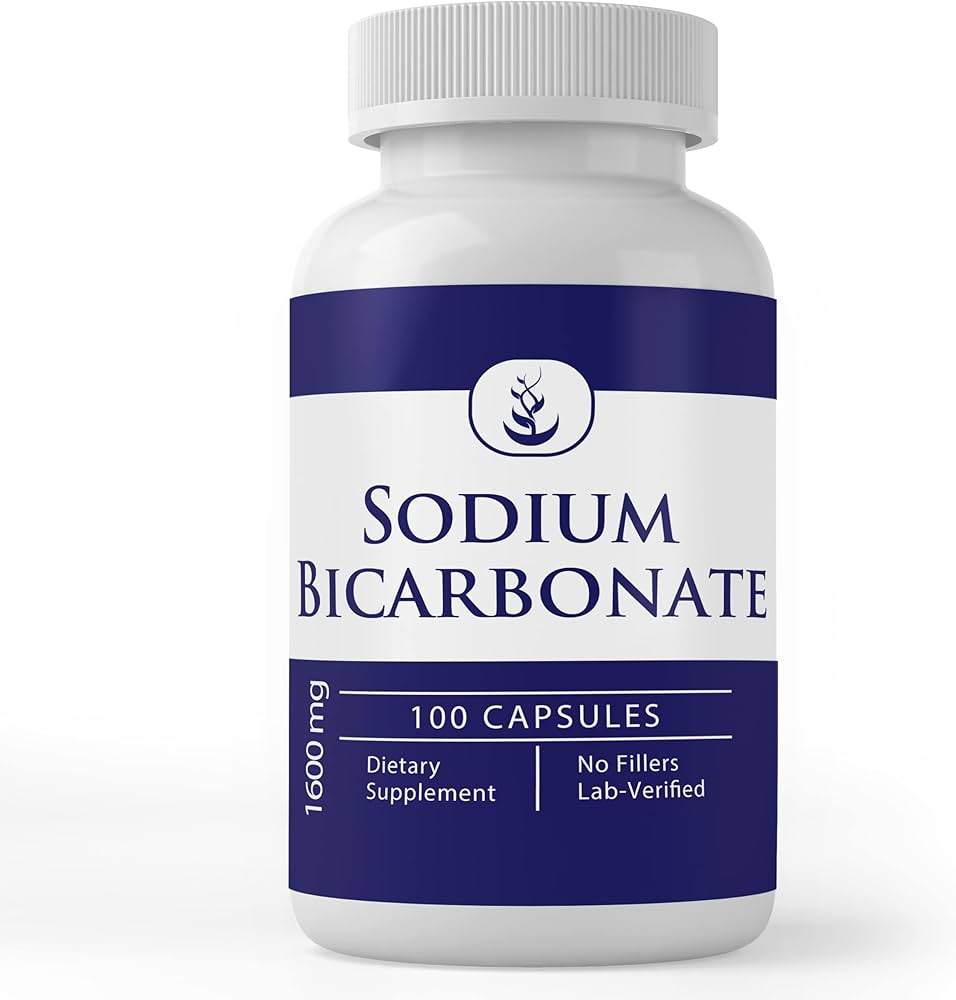

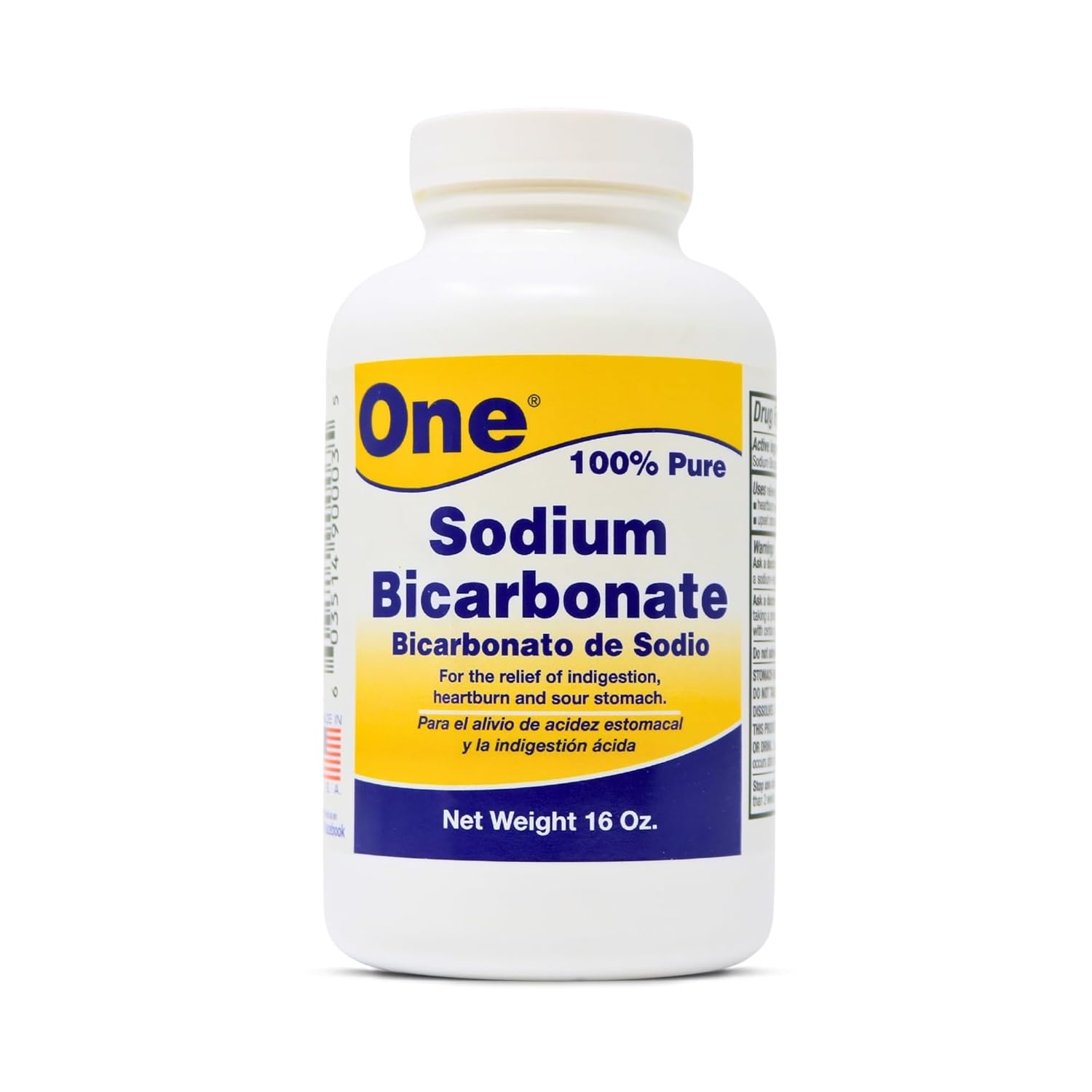

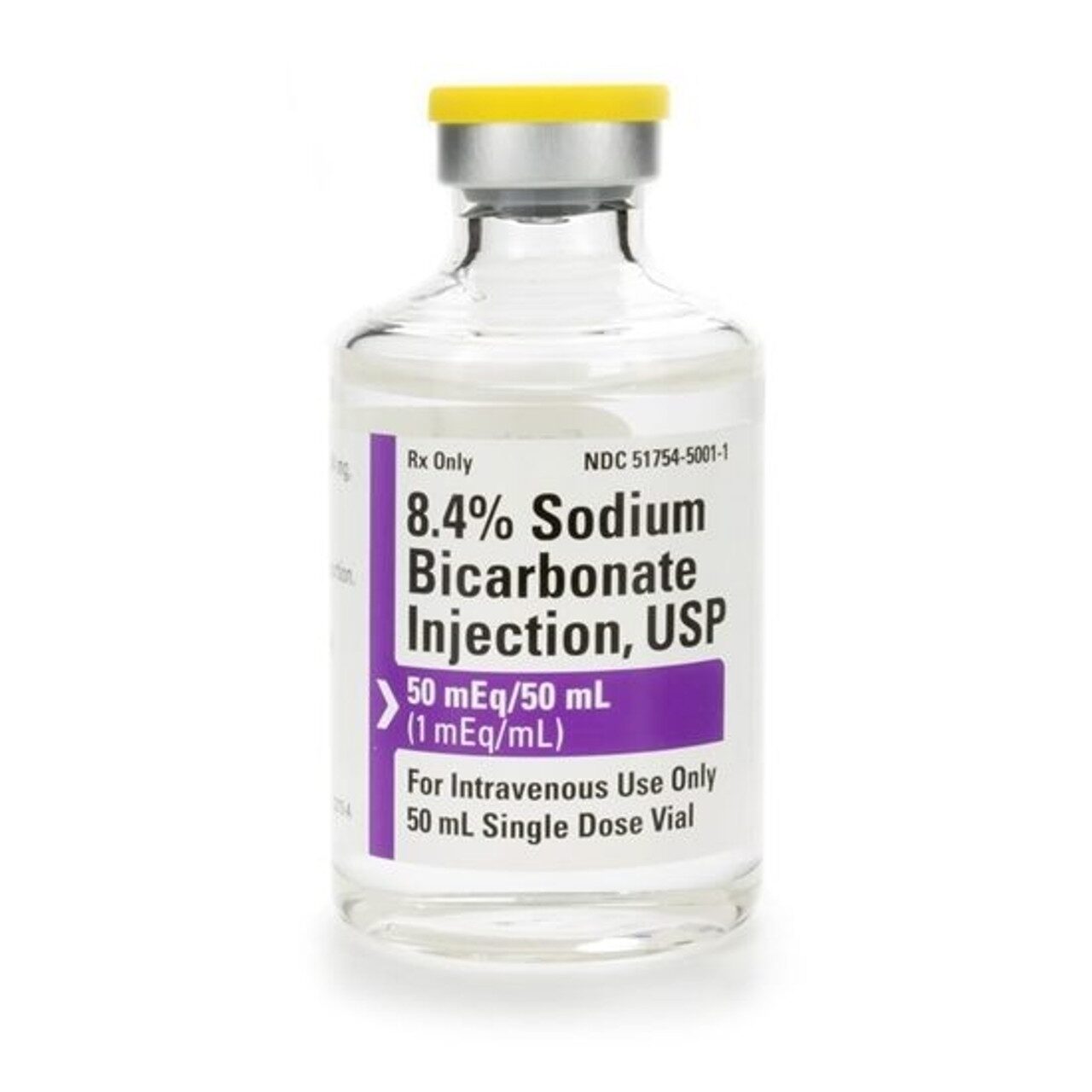

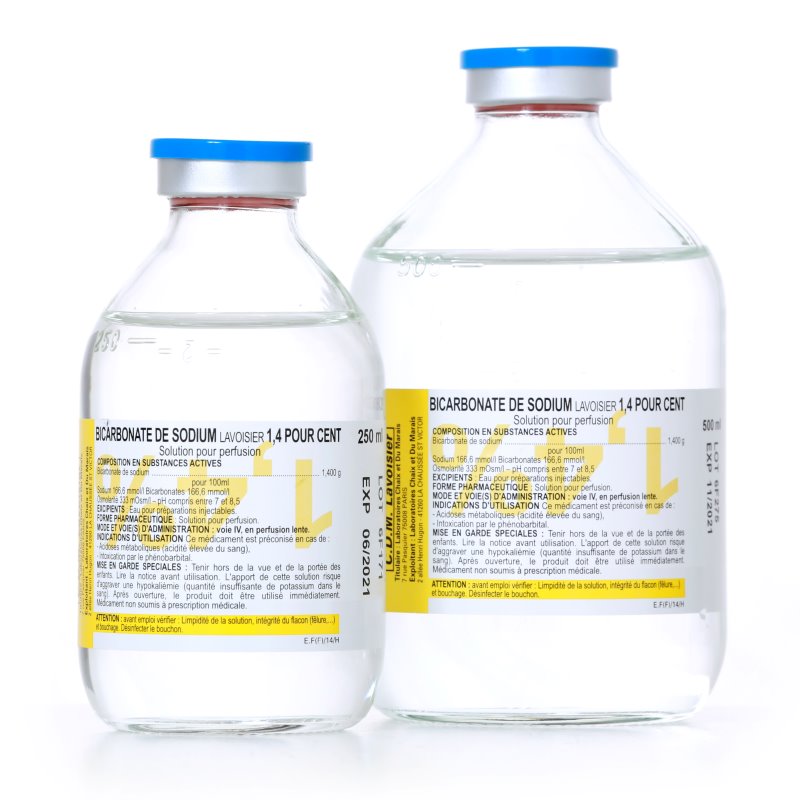



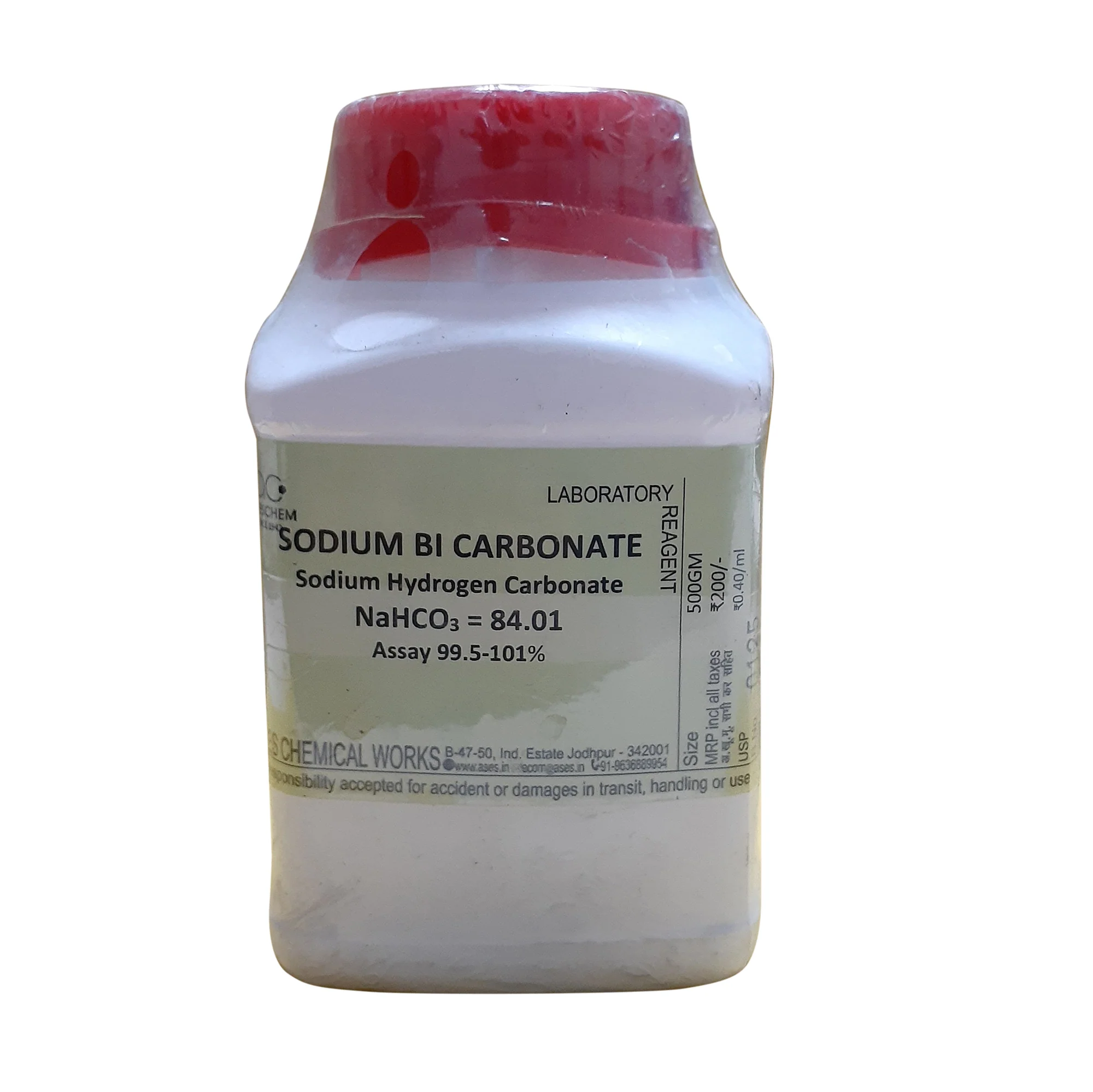
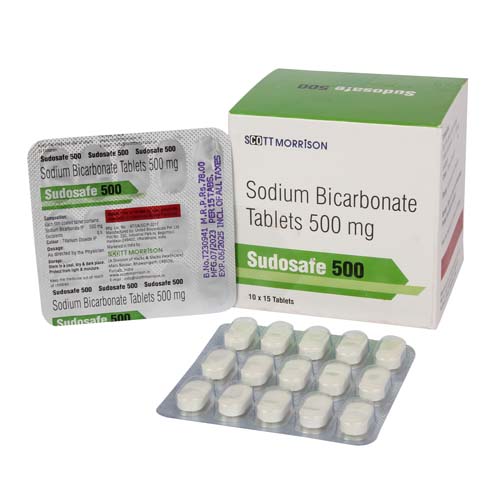
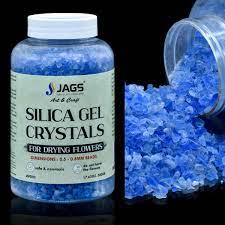
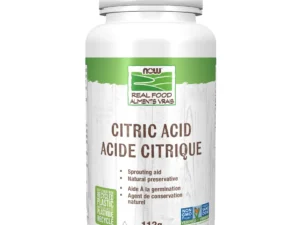
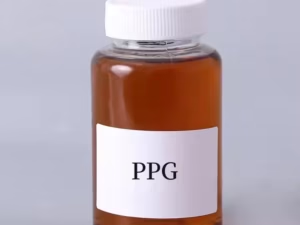
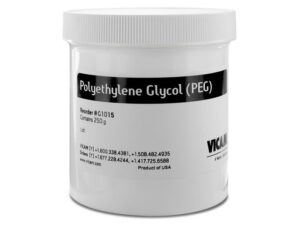
Reviews
There are no reviews yet.